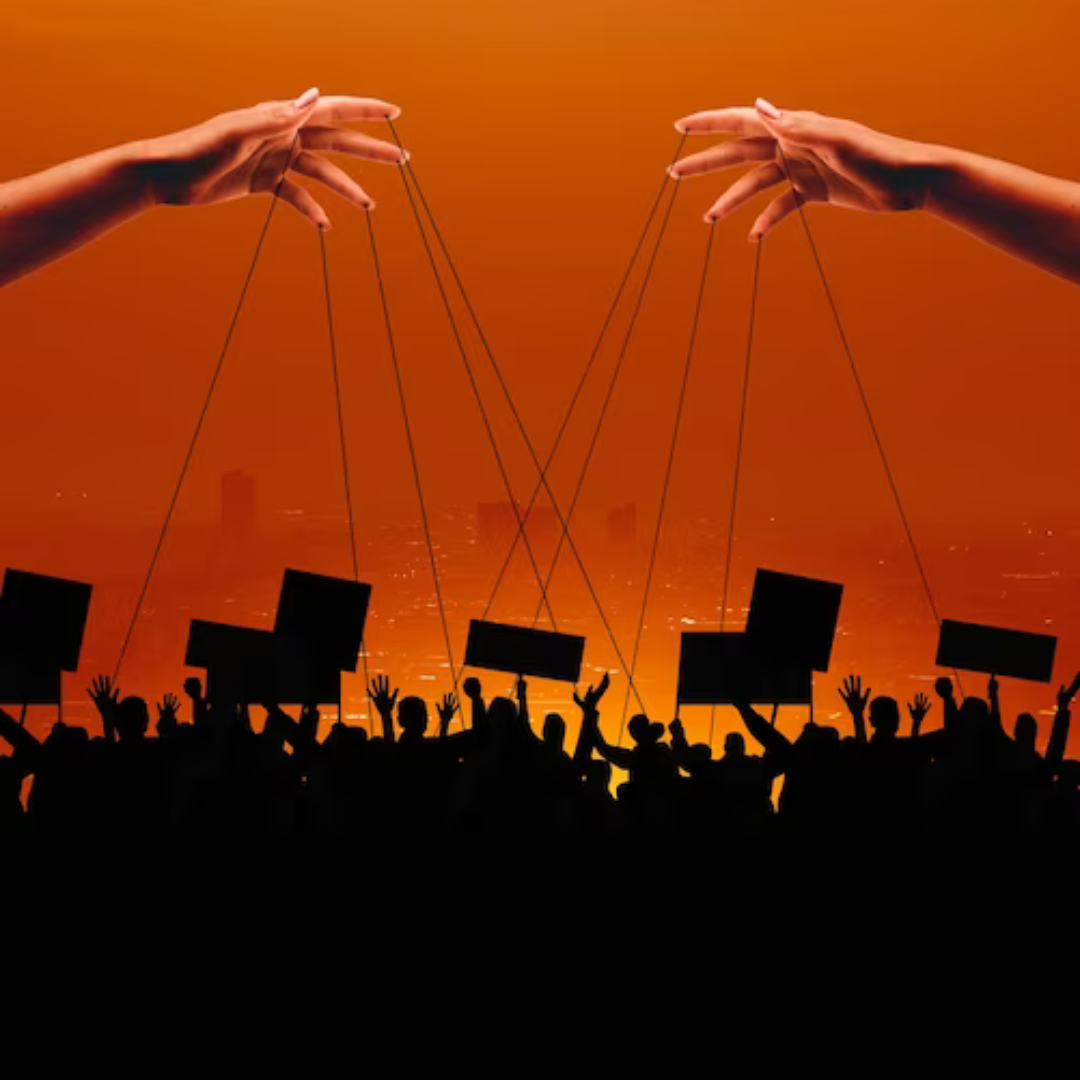Table of Contents
Introduction
As per latest media reports, government has constituted a committee with Shri Ram Nath Kovind former President of India as chairman, to study implementation of the possibility of ‘One Nation, One Election’. This proposition, also known as simultaneous elections, suggests holding all elections—whether for Parliament, State Assemblies, or local bodies—across India simultaneously. The objective is to streamline the electoral process, reduce the frequent disruptions caused by elections, and enhance governance efficiency. The idea is to hold these elections simultaneously, either on a single day or within a specific time frame.

At present, in India, the elections to elect the members of Parliament (Lok Sabha in specific) and state assembly polls are held separately when the tenure of the respective government ends or it gets dissolved for some other reason.
Background
2024 is the crucial for Indian political arena, as Elections for 18th Lok Sabha expected to be held in May / June of 2024. Prior to this massive political exercise, assembly polls in five states are due this year in November or December. However, with appointment of committee there are speculation that ruling government may prepone general elections to Lok Sabha and some state assembly elections due in 2024 to conduct with assembly polls due in second half of this year.
To read about upcoming elections in India, you can read our article :Upcoming State Elections in India 2023
The government has convened a special session of Parliament for five days between 18-22 September 2023. Agenda of this special session has not been disclosed, but there is possibility to introduce a bill on ‘One Nation, One Election’.
The idea of ‘One Nation, One Election’ is not new to India as it was practiced till 1967. However, implementation of this would require constitutional amendment with ratification of 50% state assemblies.
As per latest announcement on September 2, the other members in the committee are union home minister Amit Shah, Congress MP Adhir Ranjan Chowdhury, former Rajya Sabha LoP Ghulam Nabi Azad, former finance commission chairman N.K. Singh, former secretary general Lok Sabha Subhash C. Kashyap, senior advocate Harish Salve and former chief vigilance commissioner Sanjay Kothari.
Pros of ‘One Nation One Election’
Enhanced Governance Efficiency
One of the most prominent advantages of adopting the “One Nation One Election” approach is the potential for enhanced governance efficiency. Currently, India witnesses multiple elections every year at various levels of government. This constant electoral cycle can disrupt the implementation of policies and developmental projects. Simultaneous elections could reduce these interruptions, allowing elected representatives to focus on their roles as public servants, rather than being in perpetual campaign mode.

Cost Savings
Conducting elections is an expensive affair. By consolidating multiple elections into one, governments can significantly reduce the financial burden associated with organizing polls. This translates into substantial cost savings, which can be redirected towards infrastructure development and other public expenditure.

Convenient for Voters
Frequent elections can lead to voter fatigue, wherein citizens become weary of participating in the democratic process due to its repetitive nature. Simultaneous elections could alleviate this issue by reducing the frequency of voting, making each election more meaningful and engaging for voters.
Stable Policy Implementation
In the current scenario, governments often hesitate to implement long-term policies and reforms due to the looming uncertainty of elections. With “One Nation, One Election,” elected officials would have a more extended tenure, providing stability and the opportunity to execute policies that require time for fruition.

Reduced Political Polarization
Multiple elections throughout the year tend to intensify political polarization as parties compete for voter attention. Simultaneous elections could potentially reduce this polarization and improve constructive political environment.

Cons of ‘One Nation One Election’
Constitutional Challenges
Implementing simultaneous elections would require significant constitutional amendments. India’s federal structure, with separate State Assemblies and local bodies, presents complex challenges. Law commission in 2018 said that there needs to be made appropriate amendments to the constitution, the Representation of the People Act 1951, and the Rules of Procedure of Lok Sabha and state Assemblies. For ‘One Nation, One Election’ government would require special majority in the parliament and 50% of the states should ratify the constitutional amendments. This would be cumbersome task.

You can read complete report of Law Commission on the link : Law Commission Report
Undermine Regional Interest
National parties may overshadow regional parties, as they have greater access to funds and resources. This could potentially undermine the representation of regional interests. A synchronized election schedule may result in voters making decisions based on national issues, neglecting regional and local concerns.

Reduced Accountability
With longer terms between elections, there is a risk of reduced accountability. Elected officials may become less responsive to the needs and concerns of their constituents, as they have a longer tenure before facing re-election.
Complexity of Execution
Organizing simultaneous elections for a vast and diverse nation like India is a logistical challenge. Coordinating polling across the country and ensuring security and fairness in each constituency is a complex task that demands meticulous planning and execution.
Syncing various Elections
The biggest challenge in the way of the ‘One Nation One election’ is to sync the terms of the various state legislative assemblies with those of Lok Sabha.

Huge Initial Expenditure
The exercise of ‘One Nation, One Election’ would also need an additional number of EVMs/VVPATs, which would cost a huge amount, “might be in thousands of crores” along with additional polling personnel and security forces to manage all elections at single instance.

Conclusion
In conclusion, the concept of “One Nation, One Election” offers both potential benefits and challenges. While it aims to enhance governance efficiency, reduce costs, and mitigate voter fatigue, it also faces hurdles related to constitutional amendments, resource imbalances, and accountability. As India continues to explore this concept, it is essential to weigh these pros and cons carefully and engage in informed debates to make an informed decision.


5 thoughts on “One Nation One Election”